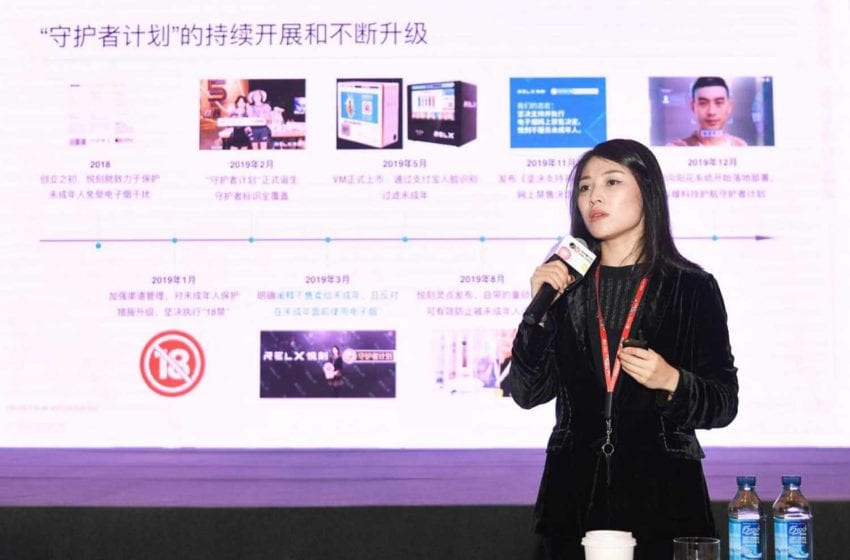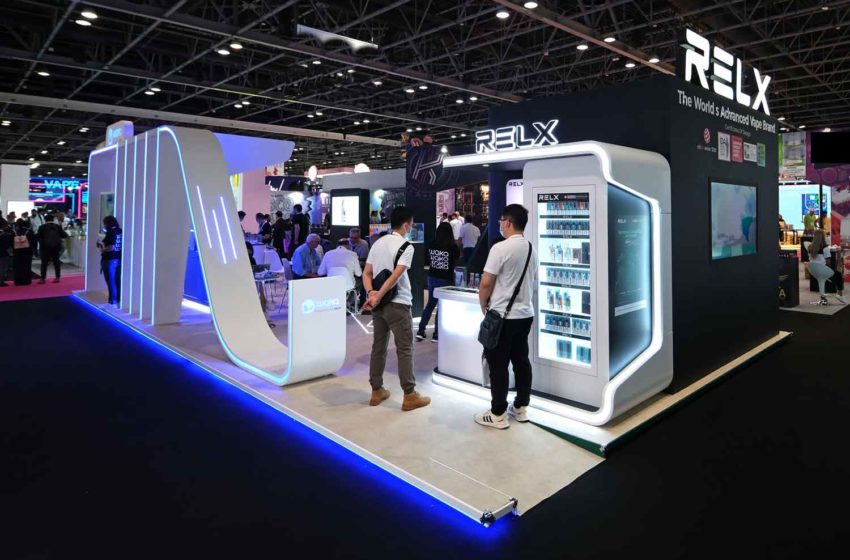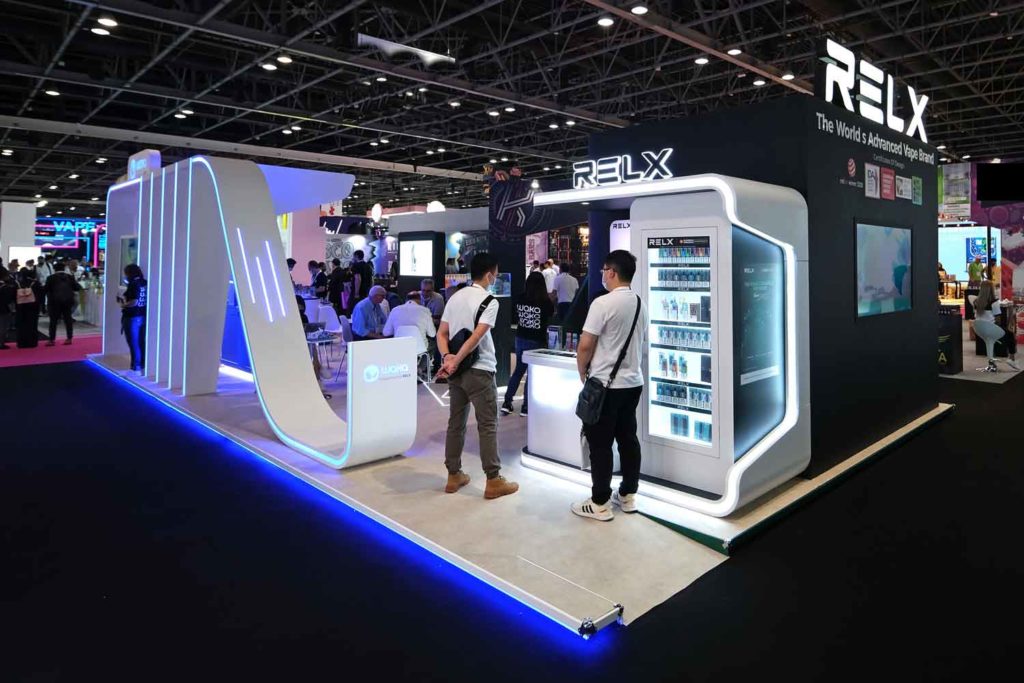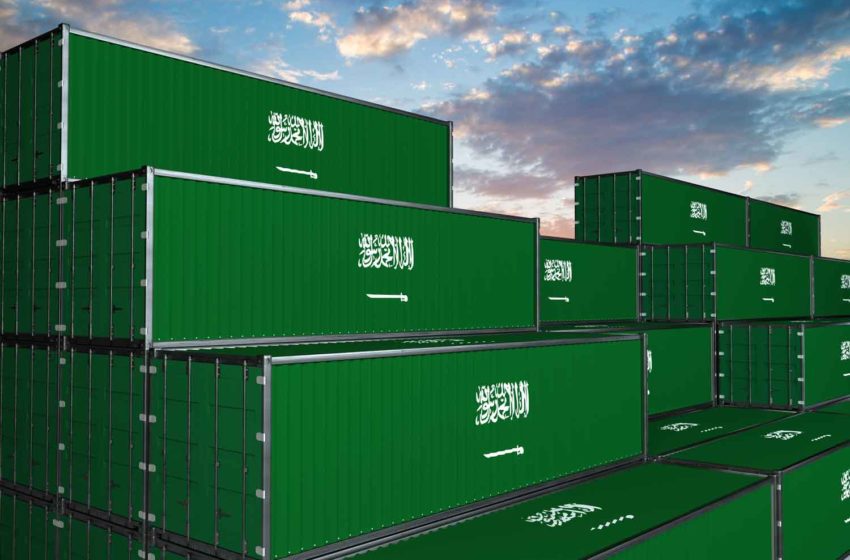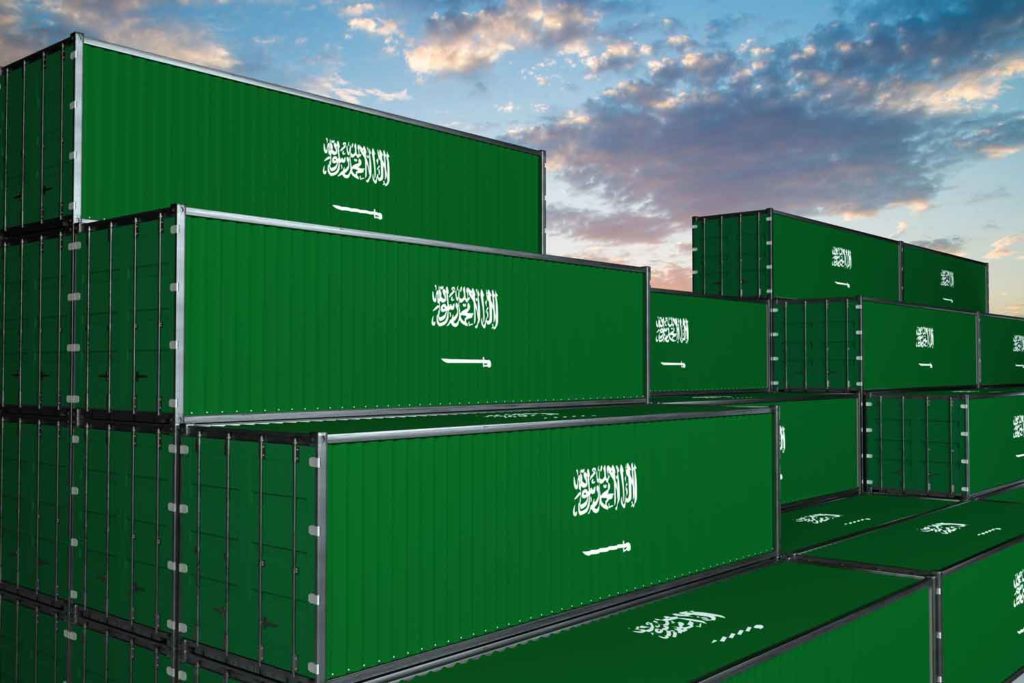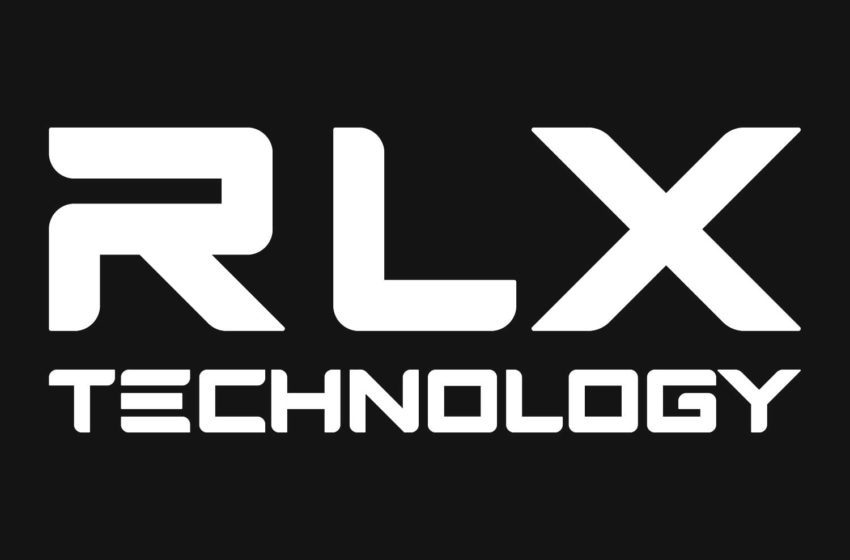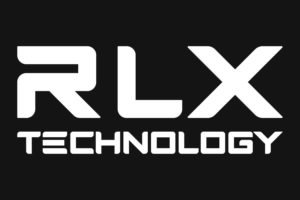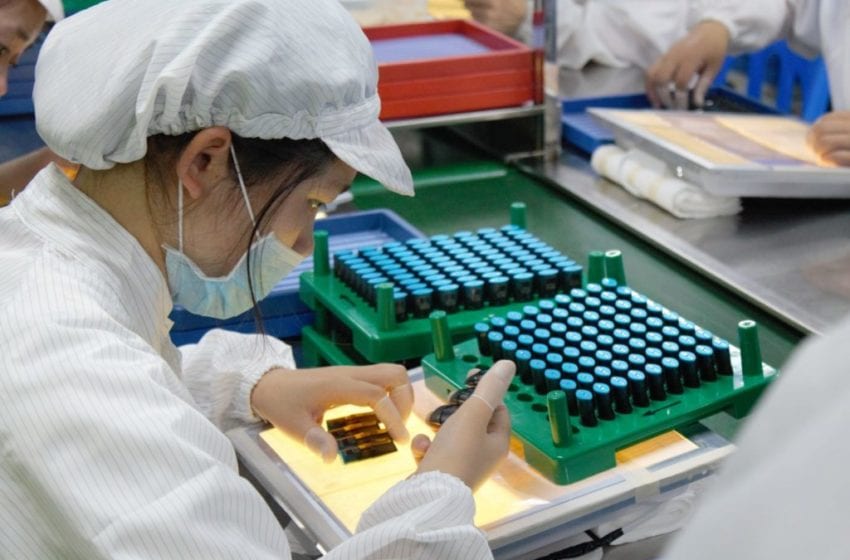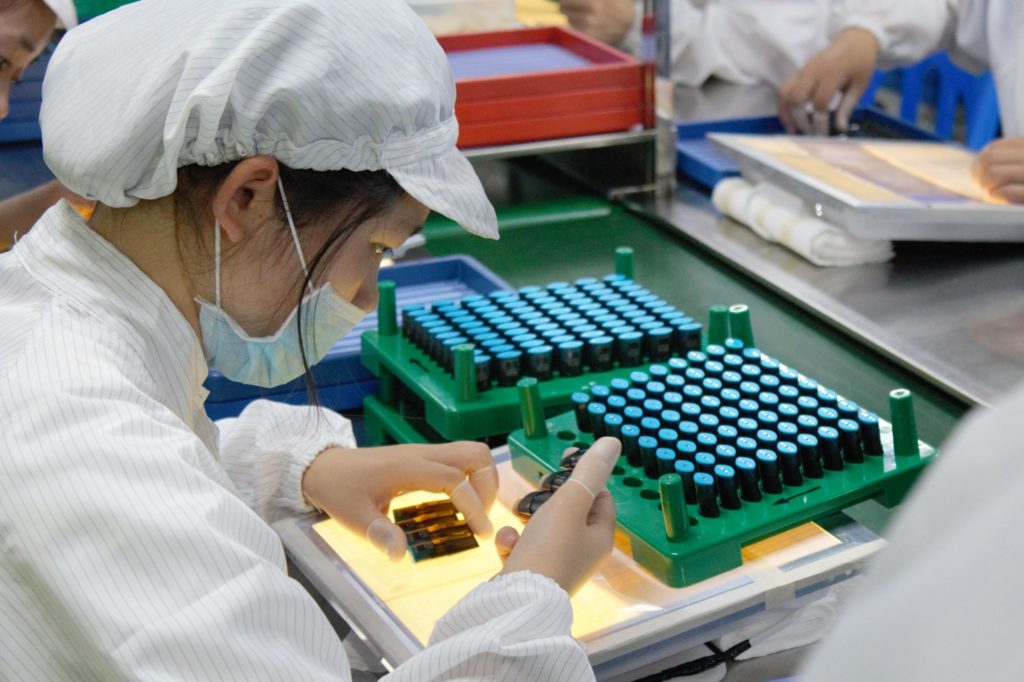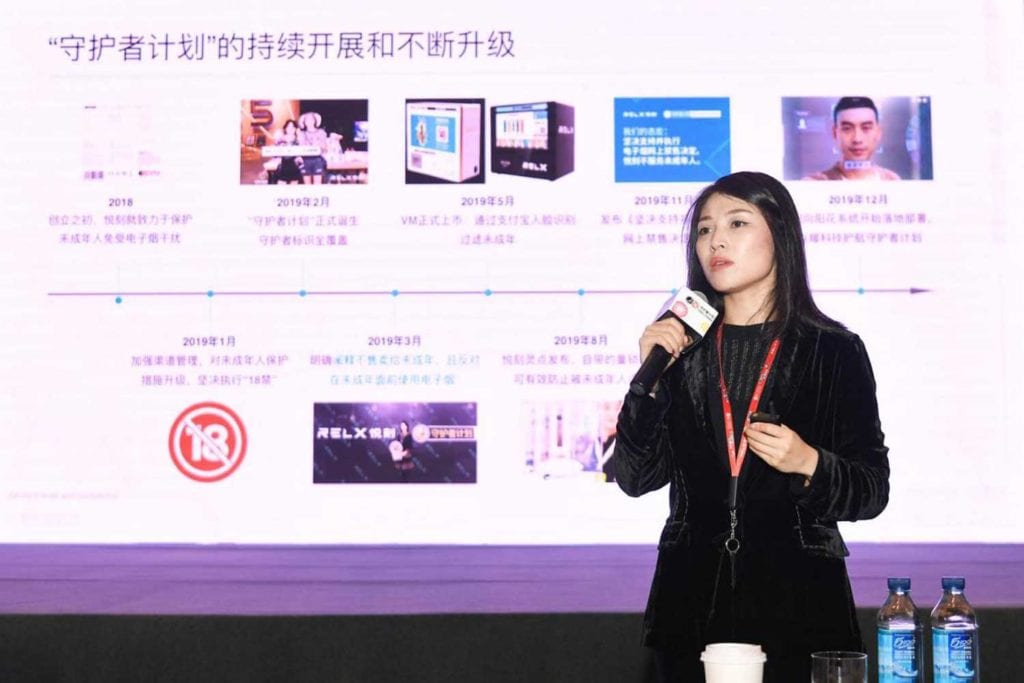
RLX Technology reported net revenues of RMB2.23 billion ($333.5 million) for the second quarter of its fiscal year 2022 compared with RMB2.54 billion in the same period of 2021. Gross profit was RMB977.9 million compared with RMB1.15 billion in the comparable 2021 period.
The company attributed the decrease in net revenues primarily to the suspension of store expansions and new product launches to comply with regulatory requirements.
Chinese authorities have recently moved the vapor business under the regulatory framework for tobacco products. E-cigarette manufacturers now require operating licenses from the State Tobacco Monopoly Administration (STMA) while vapor products must satisfy various standards and technical requirements before entering the market.
On June 10, 2022, one RLX Technology subsidiary obtained an STMA license to manufacture e-liquids. On July 22, 2022, another subsidiary was licensed to own the RELX brand and manufacture RELX branded e-vapor rechargeable devices, cartridge products and products sold in combination with e-vapor rechargeable devices and cartridge products.
“Over the past several months, we have made meaningful strides in adapting our business and product development to the new regulatory framework,” said Ying (Kate) Wang, co-founder, chairperson of the board of directors and CEO of RLX Technology, in a statement. “Specifically, we have obtained the License for Manufacturing Enterprise and received regulatory approvals for some of our new products, demonstrating our operational excellence and industry-leading R&D capabilities.”
“In light of the regulatory changes, we are off to a slow start of the sales of our new products that are compliant with the National Standards in the new transaction system mandated by the regulators,” said Chao Lu, chief financial officer of RLX Technology. “Despite the macro headwinds, we will continue to steadily focus on cost optimization while reinforc[ing] our product competitiveness under the new regulatory regime to create sustainable, long-term growth for our shareholders.”

